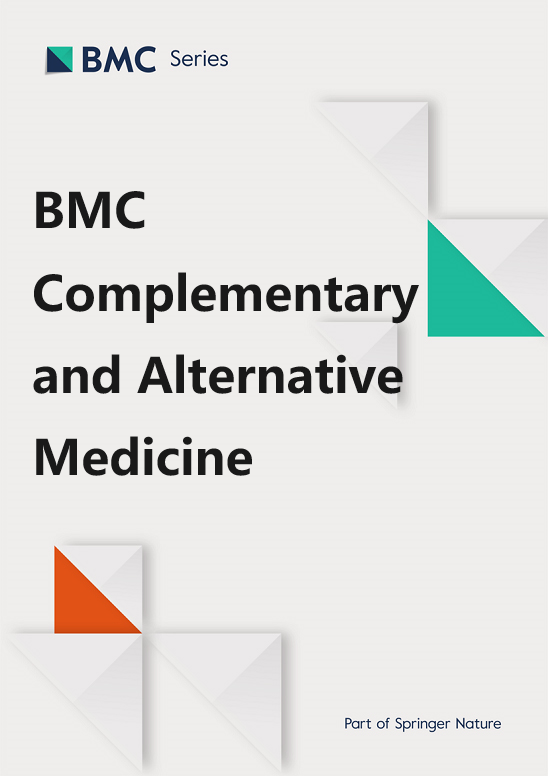Berberine alleviates ischemia reperfusion injury induced AKI by regulation of intestinal microbiota and reducing intestinal inflammation
IF 3.4
2区 医学
Q1 Medicine
引用次数: 0
Abstract
It has been found that a variety of host disease states can exacerbate intestinal inflammation, leading to disruption of intestinal barrier function. Changes in the composition of the intestine microbiota, which affect downstream metabolites in turn, ultimately react against the host. We revealed the mechanism of berberine as an intestinal protective agent in rats with renal ischemia–reperfusion injury acute kidney injury (AKI). HE staining was performed to evaluate the pathological changes in the colon and kidney. 16 S rRNA analysis was performed to assess the intestinal microbiota. Intestine TLR4/NF-κB expression was assessed by western blot. Q-RT-PCR was performed to detect TLR4 in intestine and IL-6 and KIM-1 gene expression in the kidney. SPSS 22.0 was used to compare the data. Rats with AKI exhibited increased relative abundances of Proteobacteria and Bacteroidetes and decreased relative abundances of Lactobacillus, Ruminococcus and Lachnospiraceae belonging to the phylum Firmicutes. The Sirt1-NF-κB-TLR4 pathway was involved in the occurrence process, accompanied by intestinal inflammation and oxidation. Berberine reversed the appeal change. Berberine inhibits the intestinal biological barrier of Proteobacteria, reduces LPS production, exerts an anti-inflammatory effect, and delays the progression of AKI.小檗碱通过调节肠道微生物群和减轻肠道炎症缓解缺血再灌注损伤引起的 AKI
研究发现,各种宿主疾病状态都会加剧肠道炎症,导致肠道屏障功能紊乱。肠道微生物群组成的变化反过来影响下游代谢物,最终对宿主产生反作用。我们揭示了小檗碱作为肾缺血再灌注损伤急性肾损伤(AKI)大鼠肠道保护剂的机制。通过 HE 染色评估结肠和肾脏的病理变化。16 S rRNA分析用于评估肠道微生物群。通过 Western 印迹评估肠道 TLR4/NF-κB 的表达。Q-RT-PCR用于检测肠道中TLR4以及肾脏中IL-6和KIM-1基因的表达。使用 SPSS 22.0 对数据进行比较。AKI 大鼠表现出变形杆菌和类杆菌的相对丰度增加,而属于真菌门的乳酸杆菌、反刍球菌和漆树菌的相对丰度降低。Sirt1-NF-κB-TLR4 通路参与了这一发生过程,并伴随着肠道炎症和氧化。小檗碱逆转了上诉变化。小檗碱可抑制变形杆菌的肠道生物屏障,减少 LPS 的产生,发挥抗炎作用,并延缓 AKI 的进展。
本文章由计算机程序翻译,如有差异,请以英文原文为准。
求助全文
约1分钟内获得全文
求助全文
来源期刊

BMC Complementary and Alternative Medicine
INTEGRATIVE & COMPLEMENTARY MEDICINE-
CiteScore
7.00
自引率
0.00%
发文量
0
审稿时长
3 months
期刊介绍:
BMC Complementary Medicine and Therapies is an open access journal publishing original peer-reviewed research articles on interventions and resources that complement or replace conventional therapies, with a specific emphasis on research that explores the biological mechanisms of action, as well as their efficacy, safety, costs, patterns of use and/or implementation.
 求助内容:
求助内容: 应助结果提醒方式:
应助结果提醒方式:


